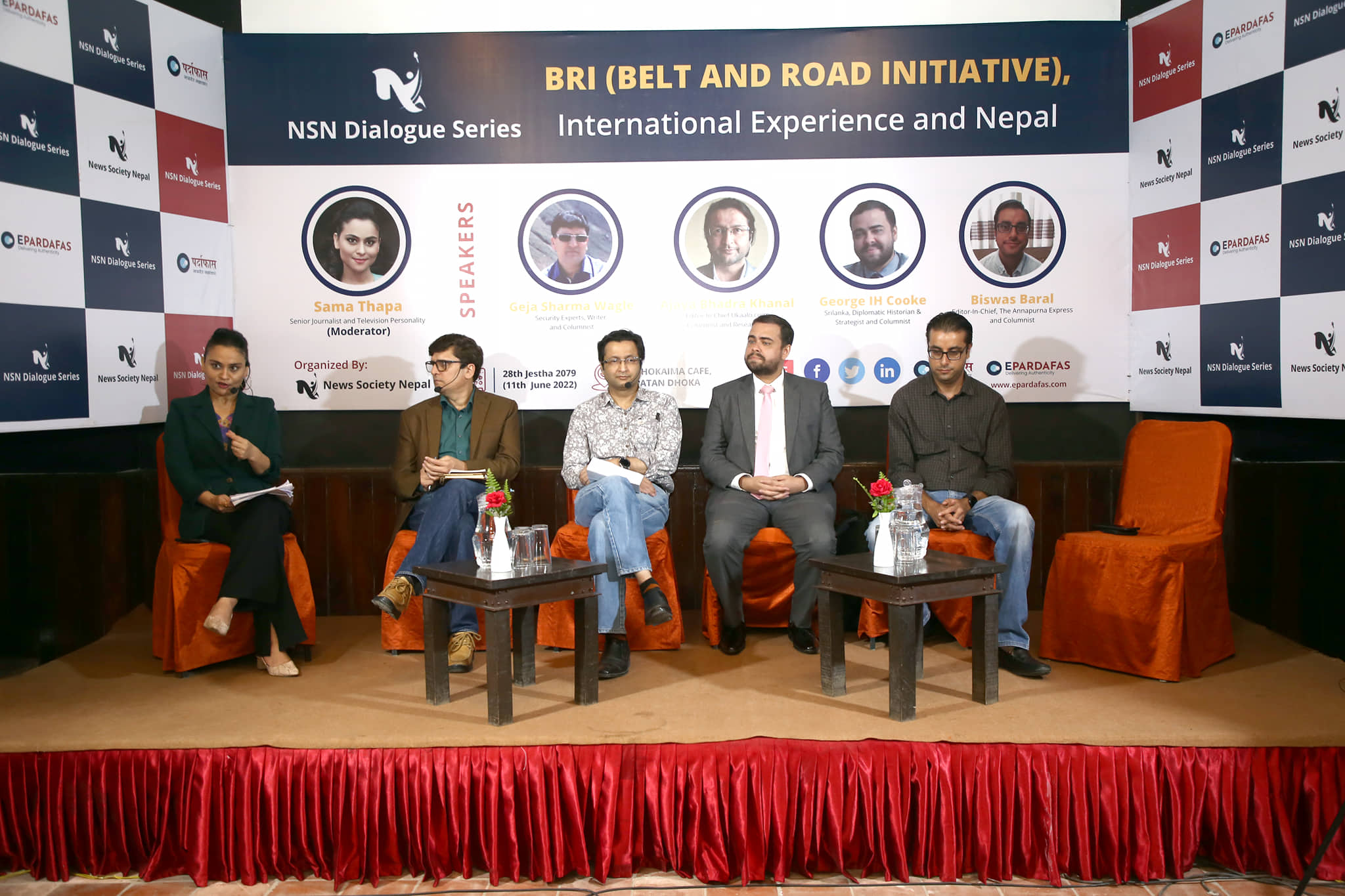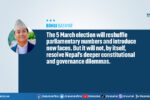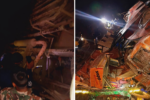KATHMANDU: Experts have emphasized the need to implement Chinese projects such as the Belt and Road Initiative (BRI) only after giving due consideration to the strategic balance of diplomatic ties and national interest, among other aspects.
Speaking at an interaction titled “BRI: International Experience and Nepal’ held by News Society Nepal, in Kathmandu on Saturday, experts said that Nepal should be aware of the interests of the country concerned as vested interests are embedded into every project.
Speaking on the occasion, Geja Sharma Wagle, an expert on international relations and diplomacy, said that there was a political, diplomatic and geopolitical compulsion to move ahead with the BRI project as Nepal had signed the agreement.
“However, such projects should be carried out on the basis of Nepal’s needs, priorities and consensus among the major political parties,” he said.
Wagle viewed that following the signing of the BRI, Nepal should be aware of the strategic competition of the United States and India, seen to some extent, to expand their influence in Nepal.
“Whether declared or undeclared, there is a triangular geopolitical and strategic competition in Nepal. We should mitigate it and implement the project based on Nepal’s national needs,” he argued.
“China and India are not only Nepal’s neighbors but also development partners. We have to move forward on the basis of consensus between the government and the major political parties on how to become a prosperous nation in line with Nepal’s national interest by aligning with the progress of our neighbors.”
To achieve this end, Wagle said Nepal needed to move forward strategically and diplomatically by maintaining a balance between competing interests. “Or else, Nepal is bound to become a playground for global powers,” he said.
Senior Journalist and Editor-in-Chief of Ukalo Abhiyan Ajay Bhadra Khanal, taking part in the interaction, stressed on the need to be vigilant while implementing schemes like BRI. He pointed three issues in particular.
“Firstly, we have to choose the right infrastructure. Secondly, there is a lot of interference in the internal affairs of Nepal from the concerned countries during the implementation phase. Such meddling should stop completely,” he said.
“Thirdly, projects like BRI are not a challenge. The main challenge is corruption and misgovernance. They must be eliminated.”
George I.H. Cook, an expert on Sri Lankan diplomacy, history and security, who attended the program, shed light on Chinese-investment projects in Sri Lanka and their implementations, among other aspects.
He stressed the need to decipher long-term effects i.e. vested interests of any donor nation’s assistance, warning that not being able to do so would throw any country into crisis.
George said it was critical to understand the vested interests in projects like BRI.
“When we accept plans, we have to think about their necessity, duration and purpose. When a country like China invests in a small country, it develops hundred-year-long plans and weighs alternatives and the feasibility of the projects. Smaller nations ought to consider all those aspects accordingly,” he said.
“We need to pay attention to how long such schemes were implemented in other countries, and their potential implications.”
Neighboring countries must move forward as one. Every nation is dependent on each other. But we also need to understand our national needs,” said George.
Similarly, another speaker at the program, Biswas Baral, an international affairs expert and editor-in-chief of Annapurna Express, emphasized the transparency of agreements and documentation for projects like BRI.
He said problem was that except for certain government officials, people do not get to go through the agreements and thus remain unaware of the long-term impact of such projects, including profits and losses.
“No one has seen the BRI document yet. First of all, it needs to be made public. During the recent visit of Chinese Foreign Minister Wang Yi to Nepal, China signed an agreement to provide technical assistance to railways in Nepal. Therefore, first of all, such agreements need to be transparent,” said Baral.
Nepal participated in China’s BRI project by signing it in 2017. The project aims to connect China and South and Central Asia and Europe through a network of roads and rails for connectivity.









Comment